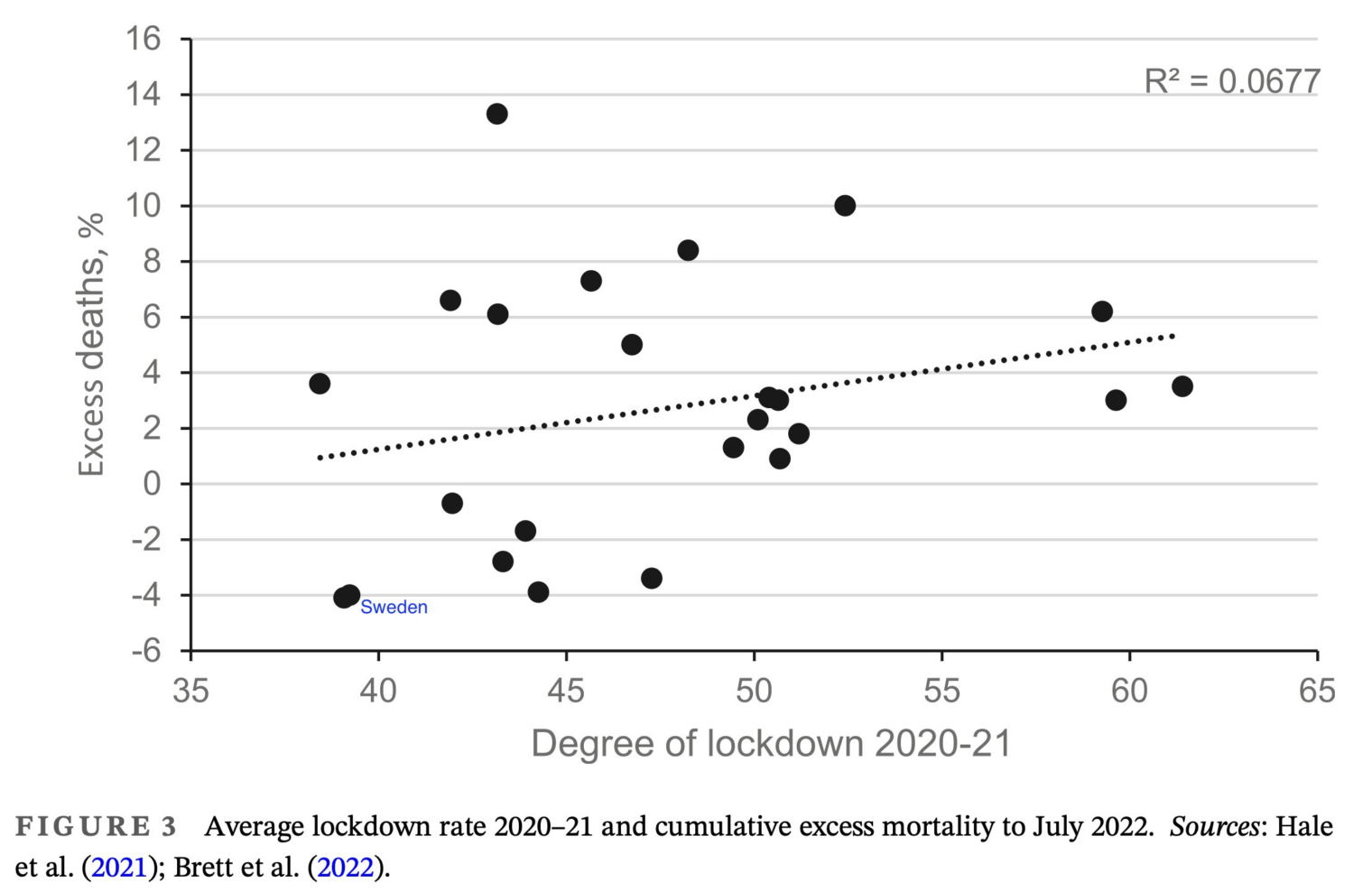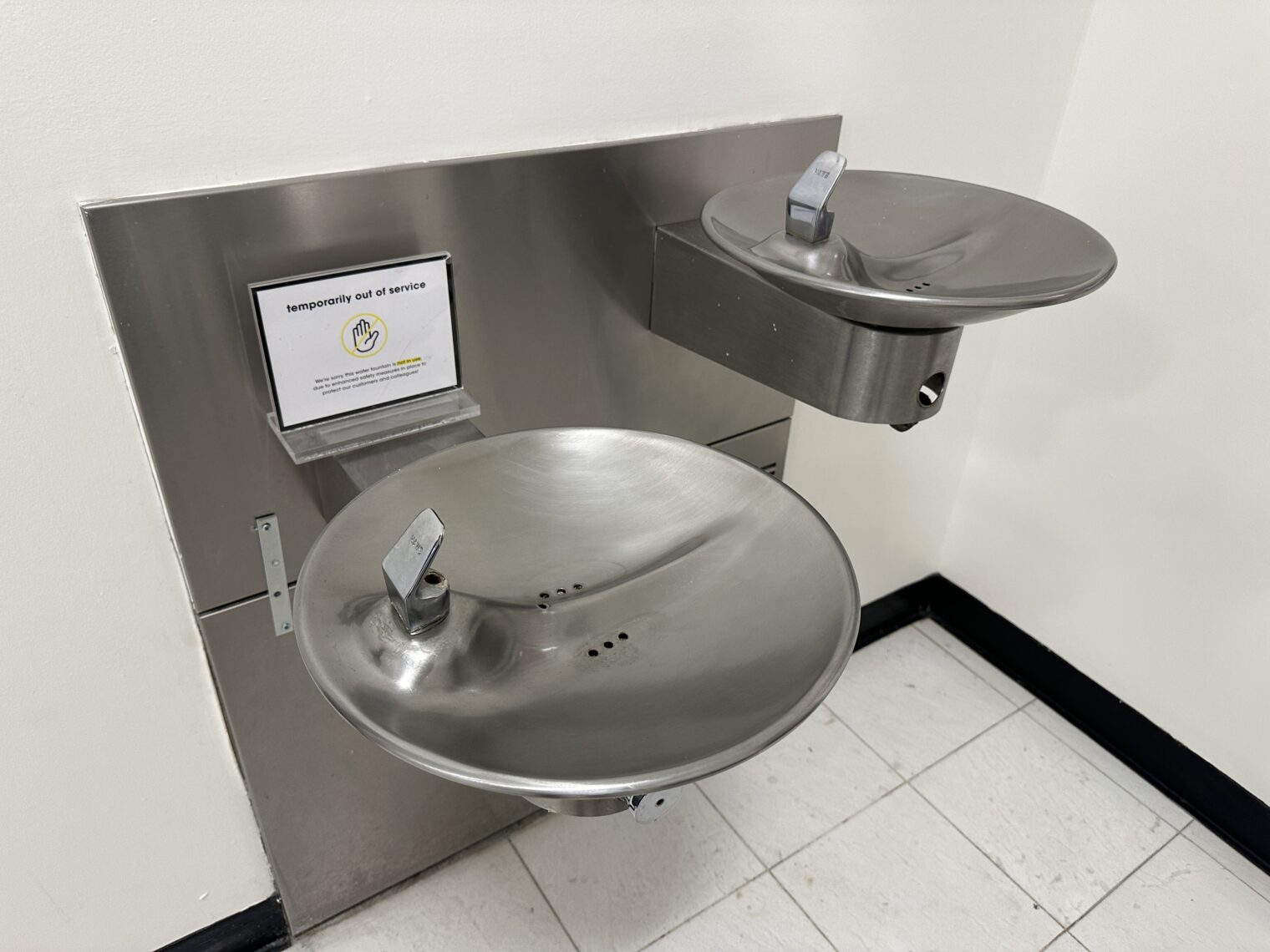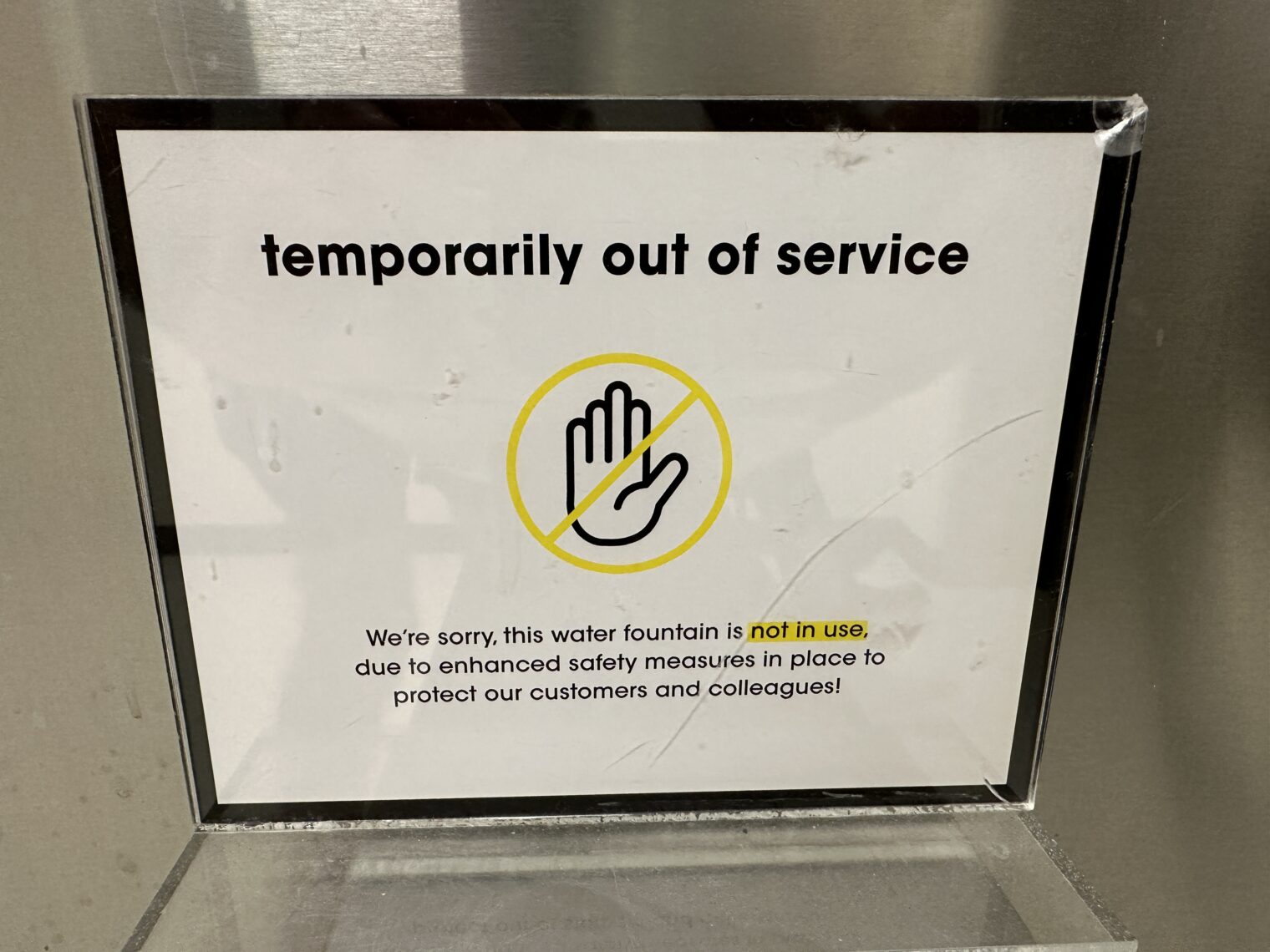How did Joe Biden sound today? I didn’t watch the State of the Union address, but I have skimmed the transcript. I think it is fair to say that Joe Biden is the most transformative president in U.S. history because a country is defined by its residents and Joe Biden has done more to change who lives in the U.S. than any other president (at least 7.2 million new neighbors via undocumented migrants plus perhaps 3 million additional immigrants arriving by what used to be called the “legal” process).
An arithmetic question… President Biden said that he wanted “100 more immigration judges to help tackle a backload of 2 million cases.” Isn’t that 20,000 cases per new judge? If each judge handled five cases per day and worked 220 days per year and migrants stopped walking across the southern border, the backlog would be cleared in 18 years?
An unfortunate turn of phrase?
Pass the Equality Act, and my message to transgender Americans: I have your back!
What do the doctors who perform gender affirming surgery say after a “top” or “bottom” surgery? “I have your ….”?
Delusions of grandiosity?
I’m taking the most significant action on climate ever in the history of the world.
If we believe Professor Dr. Greta Thunberg, Ph.D., wouldn’t the most significant actions on climate in world history have been taken by the fossil fuel pioneers? James Young, for example, who distilled paraffin from coal and oil shales. Edwin L. Drake, who pioneered drilling for oil. The scientists and engineers who built the first internal combustion engines and automobile industry. Or, if we want to look at the virtuous side of the equation, how about the engineers and scientists who made photovoltaic solar cells possible, starting with Edmond Becquerel? New York Times, April 26, 1954:
A federal appeals court in California found that it was illegal for Donald Trump to build a wall along our now-fully-open border with Mexico because Congress hadn’t appropriated the funds for this specific purpose (The Hill). The wall would have been within U.S. territory (stolen from Mexico, of course, but that’s another story). Biden seems to have vastly greater powers than Trump:
Tonight, I’m directing the U.S. military to lead an emergency mission to establish a temporary pier in the Mediterranean on the Gaza coast that can receive large ships carrying food, water, medicine and temporary shelters.
Congress never appropriated money for this construction project. The construction will occur in waters and on land that aren’t part of the U.S. How is it possible for Trump’s border wall project to have been illegal while Biden’s “build stuff in Gaza” project is legal?
(Separately, Biden says that a river of free stuff from American taxpayers will “guarantee [that] Palestinians can live with peace and dignity”. But won’t the river of free stuff actually enable Palestinians to stay at war forever and pursue the military goals that the majority agree on? And won’t the U.S. delivery of essentials to Hamas-ruled Gaza help Hamas continue to hold Americans hostage? (Biden explicitly mentions the Americans held hostage by Gazans in the very same speech where he promises to give Gazans everything that they want or need.))
Official Hamas statistics are cited without skepticism by the U.S. president:
More than 30,000 Palestinians have been killed. Most of whom are not Hamas. Thousands and thousands are innocent women and children.
Here’s the stuff that Ron DeSantis should have learned to say…
Above all, I see a future for all Americans!
I see a country for all Americans!
And I will always be a president for all Americans!
Because I believe in America!
I believe in you the American people.
You’re the reason I’ve never been more optimistic about our future!
So let’s build that future together!
Let’s remember who we are!
We are the United States of America.
There is nothing beyond our capacity when we act together!
Note that the above message of solidarity and brotherhood/sisterhood/binary-resisterhood is contradicted just a few lines up:
I see a future where the middle class finally has a fair shot and the wealthy finally have to pay their fair share in taxes.
I see a future where we save the planet from the climate crisis and our country from gun violence.
The wealthy are scapegoated despite the fact that if they handed over 100 percent of their wealth it still wouldn’t satisfy Congress’s appetite for deficit spending (i.e., we’d still have a budget deficit and the accompanying inflation). Gun lovers are threatened. Those who work in the fossil fuel industry are targeted for unemployment. In other words, Biden points out that we’re not in this together right before saying that we should “act together”.
Full post, including comments 














